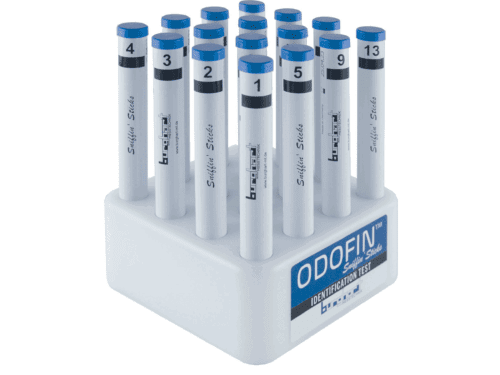The corona virus disrupts the brain, according to research from Amsterdam UMC. This probably explains the loss of sense of smell and taste and attention and memory problems in (former) patients.
An autopsy study among 21 patients who died of COVID-19 showed widespread systemic inflammation in the lungs, heart, kidney, liver, and brain, with a continued presence of inflammatory neutrophils cells even several weeks into the disease course. The lung was the organ with the most abundant SARS-CoV-2, and extensive inflammation was detected in the brain.
Anosmia and COVID-19
The findings may explain why corona patients lose their sense of smell and taste. The cranial nerve that makes this possible (nervus olfactorius) was damaged in almost all deceased patients. A brain area involved in breathing (the medulla oblongata) was also affected.

Inflammatory response
In patients with lethal COVID-19, organs were mainly affected by an inflammatory response. Extensive inflammatory changes in the brain, especially in the olfactory bulbs and medulla oblongata, might cause anosmia and dampening of the respiratory system.
The inflammatory reaction was most pronounced in the olfactory bulbs, which could be linked to the frequent symptom of anosmia in patients with COVID-19. The medulla oblongata has a role in regulation of the respiratory system and is a centre of respiratory rhythm generation. Extensive inflammation of this structure might add to the respiratory failure observed in patients with COVID-19.
Conclusion
In conclusion, in patients with lethal COVID-19, organs are mainly affected by an inflammatory response. Extensive inflammatory changes in the brain, especially in the olfactory bulbs and medulla oblongata, might cause anosmia and dampening of the respiratory system. Virally infected cells are sporadically present up to 6 weeks after the start of symptoms, and neutrophils and NETs are present for weeks after onset of symptoms. The formation of NET–platelet aggregates might have a role in COVID-19- associated coagulopathy. The disproportionate presence of aggregated neutrophils and NETs in comparison with the sporadic presence of virus suggests an autonomous maladaptive immune response. This study underlines the importance of targeting the immune response in patients with COVID-19 and substantiates the possible beneficial effects of low-dose dexamethasone in the treatment of COVID-19.39 The implied role of NETs in persistent immune activation and in SARS-CoV-2-induced coagulopathy has created novel questions in the understanding of COVID-19.






